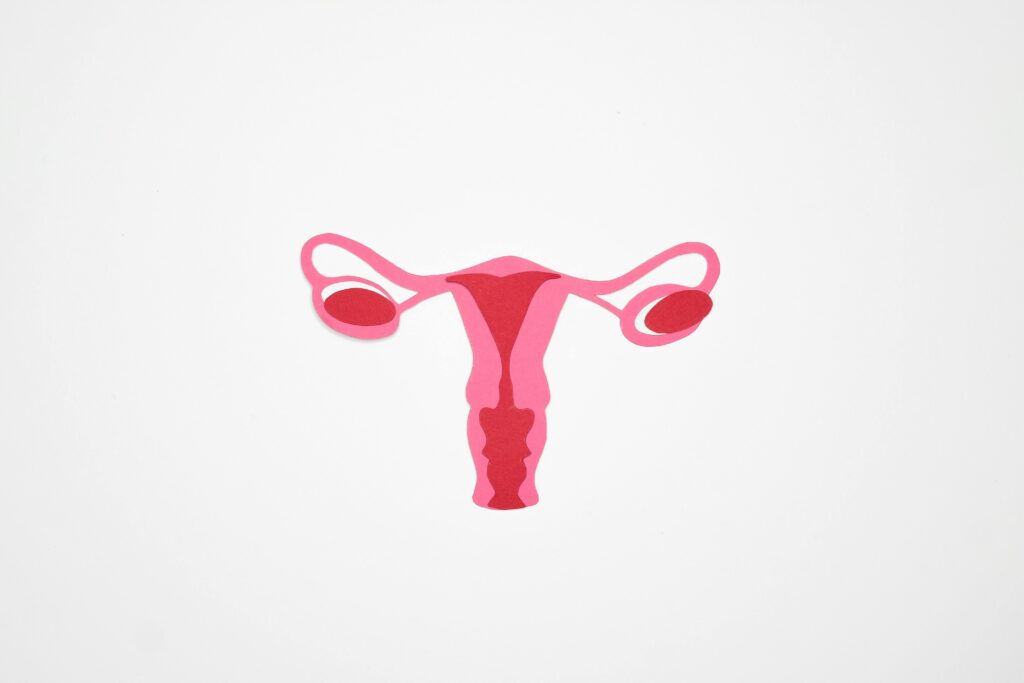How Hormones Affect Your Hair Texture Over Time

What is Hair Texture?
Hair texture refers to the feel, appearance, and behavior of your hair. It can be categorized into different types, such as straight, wavy, curly, or kinky, and is largely determined by genetics. However, hair texture can change over time due to a variety of factors, including hormonal changes.
Hormones have a significant impact on your hair’s growth cycle, thickness, and texture. As we age or experience different life stages, such as puberty, pregnancy, or menopause, these hormonal shifts can lead to noticeable changes in the way our hair looks and feels. In this article, we will explore how hormones affect hair texture over time and what you can do to manage these changes effectively.

How Hormones Affect Hair Texture
1. Puberty and Hormonal Changes
During puberty, your body undergoes a surge in hormones, particularly estrogen and androgens. These hormonal changes affect your hair’s texture. For some individuals, this may lead to hair becoming thicker, curlier, or wavier as the body produces more natural oils and the hair follicles become more active.
What to Expect:
- Hair texture can shift from straight to wavy or curly.
- Increased oil production may make the hair appear shinier or more greasy.
2. Pregnancy and Postpartum Changes
Pregnancy brings about significant hormonal shifts, especially estrogen. This hormone helps to extend the anagen phase (the phase where hair is actively growing), leading many pregnant women to experience fuller, thicker hair. Postpartum, however, as estrogen levels drop, many women notice hair thinning or texture changes due to the hormonal imbalance.
What to Expect:
- During pregnancy: Thicker, fuller hair with potentially more waves or curls.
- After childbirth: Hair shedding or thinner hair texture, as the body returns to normal hormone levels.
3. Menopause and Hormonal Decline
As women enter menopause, there is a significant decrease in the production of estrogen and an increase in androgens. This shift can cause a decrease in hair thickness and changes in hair texture, making it finer or thinner. Many women also experience hair thinning at the crown of the head or noticeable changes in the curl pattern of their hair.
What to Expect:
- Hair may become thinner and less dense.
- The curl pattern may loosen, and hair texture may become drier or more brittle due to reduced moisture retention.

4. Polycystic Ovary Syndrome (PCOS)
PCOS is a condition where the body produces higher levels of androgens (male hormones), which can impact hair texture. Women with PCOS may notice their hair becomes more coarse, thicker, or grows more rapidly on the face or body. Meanwhile, the hair on the scalp may thin, leading to a shift in overall hair texture.
What to Expect:
- Thicker or more coarse hair on areas like the face, chest, and back.
- Thinning hair on the scalp, which can cause a change in texture or volume.
5. Hormonal Contraceptives and Hair Texture
Many women using hormonal birth control may experience changes in their hair texture. Some women notice their hair becomes thinner or more prone to breakage, while others may find their hair becomes shinier and healthier due to the hormone regulation. These effects vary depending on the type of contraceptive used and the individual’s body.
What to Expect:
- Some may experience hair thinning or increased shedding.
- Others may experience shinier, more manageable hair as a result of hormone regulation.

Managing Hormonal Effects on Hair Texture
If you’re noticing changes in your hair texture due to hormonal shifts, there are several ways you can manage and maintain your hair health:
1. Healthy Diet and Supplements
Hormonal changes can sometimes lead to nutrient deficiencies, which can further impact hair health. A well-balanced diet rich in protein, biotin, vitamins A, D, and E, and omega-3 fatty acids is essential for maintaining healthy hair texture. Supplements like Bioma’s Weight Loss Gummies, which support gut health, can help your body absorb these vital nutrients more effectively, promoting stronger and healthier hair.

2. Moisturizing Treatments
As your hair texture changes, especially with age or hormonal fluctuations, it may become drier or more brittle. Using moisturizing shampoos, conditioners, and leave-in treatments can help restore hydration and smoothness to the hair.
3. Scalp Care
A healthy scalp is essential for maintaining healthy hair growth and texture. Regular scalp massages or using products that improve circulation and remove buildup can help your hair follicles stay active and promote healthy hair texture.

4. Gentle Hair Care Routine
To avoid unnecessary breakage, it’s important to be gentle with your hair, especially as it changes in texture. Use a wide-tooth comb, avoid excessive heat styling, and consider using sulfate-free shampoos to prevent damage.
using sulfate-free shampoos to prevent damage.
Customer Review
“After reading about how hormones can affect hair texture over time, I realized I needed to give my hair some extra support. I started using Bioma’s Collagen Gummies for Hair, Skin, and Nails, and I’m thrilled with the results! My hair feels healthier, more resilient, and smoother than before. These gummies have helped restore some of the bounce and shine I was missing, and I’ve noticed improvements in my skin and nails too. I truly feel like my body is getting the nutrients it needs to maintain overall beauty, even as my hormones change. Highly recommend for anyone looking to support their hair from the inside out!”— Ava L., Verified Customer
When to Seek Professional Help
If you’re experiencing significant hair changes that you cannot manage with home remedies or adjustments to your diet, it might be time to consult a healthcare provider or dermatologist. They can help diagnose any underlying hormonal imbalances or other medical conditions that may be affecting your hair texture.
Can hormones really affect my hair texture?
Yes, hormones play a significant role in determining your hair texture. Hormonal fluctuations due to factors such as pregnancy, menopause, or thyroid imbalances can lead to changes in hair texture. For instance, women may experience their hair becoming finer, more brittle, or even curlier due to shifts in estrogen and progesterone levels. Hormonal imbalances can also contribute to hair thinning or dryness.
How long does it take to notice changes in hair texture due to hormonal changes?
It typically takes 2-3 months for hormonal changes to affect hair texture. Since hair grows slowly, changes in texture may become noticeable as hair moves through its growth cycles. The time it takes to see results depends on the severity of the hormonal changes and how your body reacts to them.
Are Bioma’s Collagen Gummies helpful for managing hair texture changes due to hormones?
Yes, Bioma’s Collagen Gummies can support overall hair health by improving gut function. A balanced gut promotes better nutrient absorption, which is essential for healthy hair growth and texture. The gummies contain biotin, which strengthens hair and helps maintain a healthy, manageable texture even during hormonal changes.
What hormonal changes can affect my hair texture?
Several hormonal changes can affect your hair texture, including:
- Pregnancy: During pregnancy, increased levels of estrogen can make hair thicker and shinier, but postpartum, hormonal shifts may cause hair thinning.
- Menopause: A drop in estrogen and progesterone during menopause can lead to finer, thinner hair or hair loss.
- Thyroid imbalances: Both hypothyroidism and hyperthyroidism can cause hair to become dry, brittle, or excessively oily.
- Polycystic ovary syndrome (PCOS): Elevated androgens can lead to thinning hair, especially around the temples, and increased oiliness.
Understanding these hormonal changes can help you manage their impact on your hair texture.
How can I manage changes in my hair texture due to hormones?
To manage changes in hair texture due to hormones, focus on maintaining a healthy diet, managing stress, and using the right hair care products. Incorporate biotin, zinc, and vitamin D into your diet to support hair health. Consider using moisturizing and nourishing shampoos and conditioners to combat dryness and frizz, and avoid excessive heat styling, which can further damage your hair.
Can stress also affect my hair texture?
Yes, stress can exacerbate the effects of hormonal changes on hair texture. Chronic stress increases the production of cortisol, which can disrupt the hair growth cycle, leading to hair thinning or changes in texture. Reducing stress through relaxation techniques, exercise, and proper sleep can help mitigate the impact of stress on your hair.
Related articles






